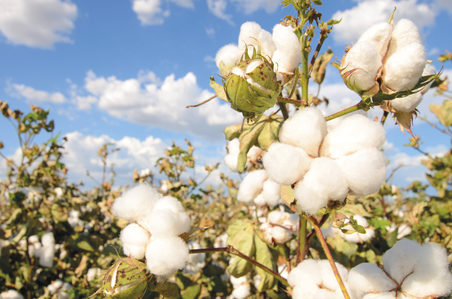
PAYPER, DO.BE.FLY. RESPONSIBLY
Do to create / Be to share / Fly to dream: these are the values which drive the Payper group and that permeate the entire production chain, because having the knowledge to create new products, sharing this with others and dreaming of new and increasingly challenging futures is an inclusive mission which is achieved thanks to the positive and responsible contribution of all the people and partner realities involved. This is why, long ago, Payper included the themes of Corporate Social Responsibility in its governance, undertaking a fruitful journey of international certifications and best practices aimed at qualitative, sustainable and ethical development. All this
translates into the ability to integrate our business activities with respect and protection for the interests of the communities with which we relate, but also with the protection of environmental resources, preserving these for future generations.
SUSTAINABILITY REPORT
Sustainable development is at the
base of Industrial Wear's targets. The
desire to be completely transparent takes form by sharing with the stakeholders
the sustainability report, in which the activities and the results that the
company has achieved up to now are presented.


PAYPER, SELECTING AND MONITORING PRODUCTION PARTNERS
The Payper group works exclusively with suppliers-producers selected over time through the evaluation of two factors: their high level of product quality standards and their attention towards fair and socially responsible working conditions. The technical offices continuously monitor the situation through direct controls and audits commissioned to independent international bodies in order that producers should comply with the high standards laid down by the following standards and certifications.
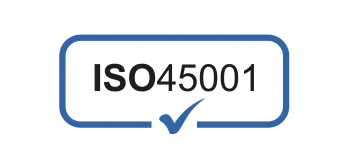

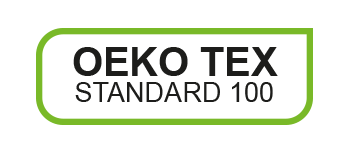
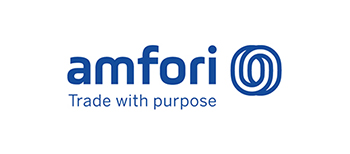
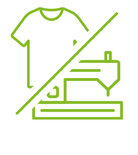
PAYPER, 100% ETHICAL PRODUCTIONS, 0% HARMFUL CHEMICALS
The corporate objective, in the medium term, is to reach 100% production of ethically certified garments through a chain which is entirely controlled, from the raw materials to the processes and the finished product.
Already, participation in the Zero Discharge of Hazardous Chemicals program ensures that all Payper production falls within the parameters set by the European REACH regulation (EC no 1907/2006) which records, evaluates, authorises and restricts the use of chemical substances. Furthermore, we plan to launch new lines of t-shirts and sweatshirts made with cotton produced according to the sustainability criteria established by the non-profit organisation Better Cotton, which aims to make global cotton production more sustainable for the environment and for the people involved in the manufacturing process.
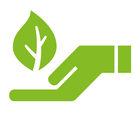
PAYPER, LOWER ENVIRONMENTAL IMPACT
The Payper group has implemented choices to reduce the emission of CO2: our headquarters are in fact 100% powered by renewable (solar) energy and we have chosen the latest generation transport, air and naval companies, with low energy consumption and environmental impact.

ENVIRONMENTAL LABELLING: RECYCLING IS THE FIRST STEP TO PROTECT THE PLANET
Recycle! The right way is the digital space created to advise customers how to properly dispose of Payper packaging and packing material. We have always been attentive to issues concerning environmental sustainability and now the company has also begun to take its first steps in terms of environmental labelling in order to comply with national and European directives, but mainly because we believe that everyone's commitment can make a difference!

PAYPER, WELL-BEING AND CULTURE
People and the well-being of the community are at the centre of the responsible vision of the Payper group, which has always operated in accordance with equal opportunities, multiculturalism, protection of the health and well-being of the worker and his/her family. Every year, the company supports, with a voluntary fund, expenses related to education, training and specialised medical care. It also offers its equipment for social and public interest initiatives, such as scientific expeditions, humanitarian aid to the Red Cross and to populations affected by natural disasters and sports events to raise awareness on prevention and medical research.



























































 DOWNLOAD THE 2022 SUSTAINABILITY REPORT
DOWNLOAD THE 2022 SUSTAINABILITY REPORT